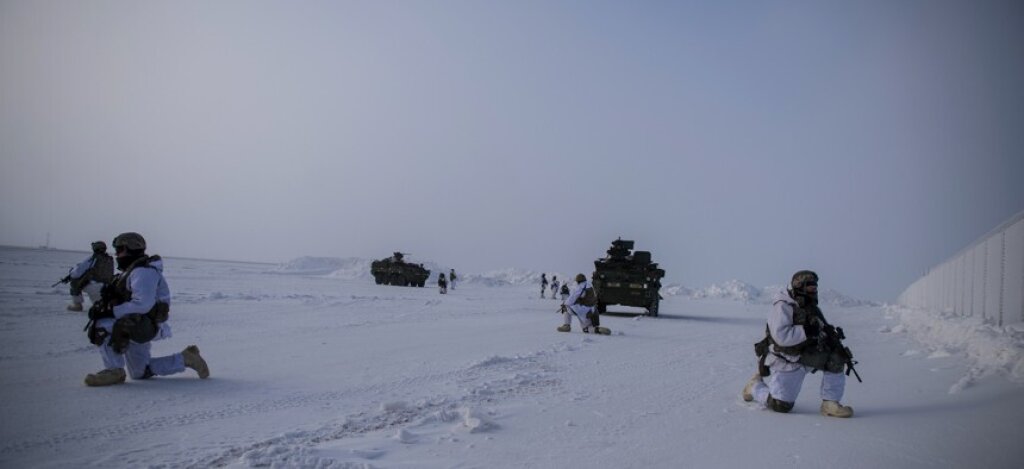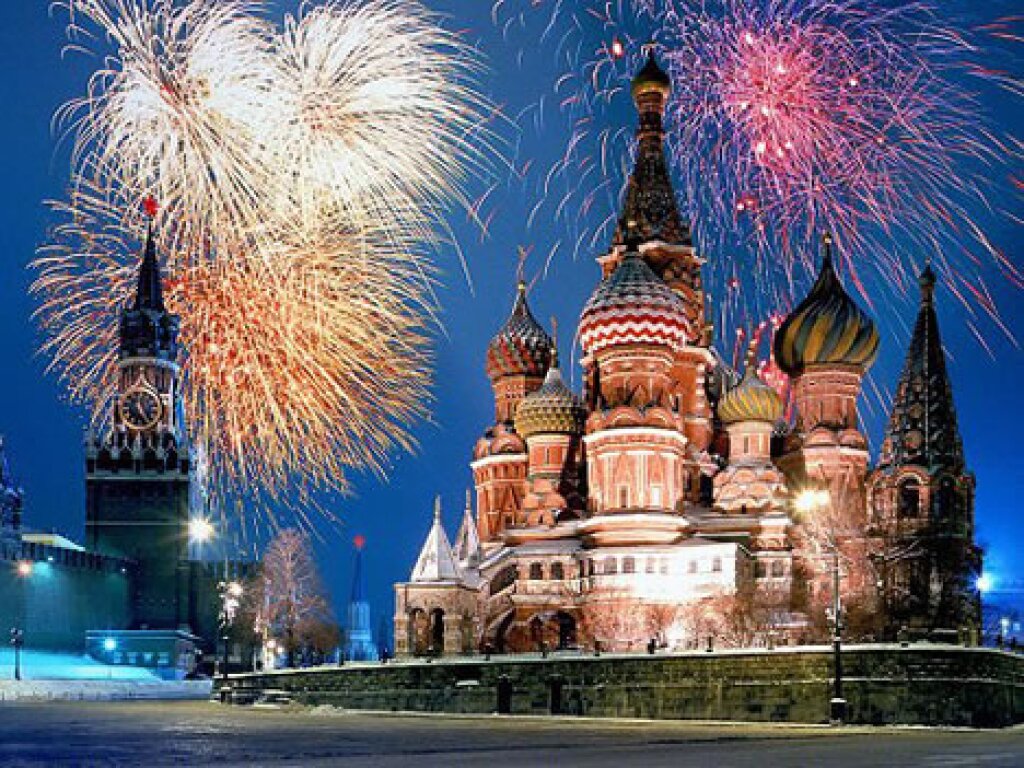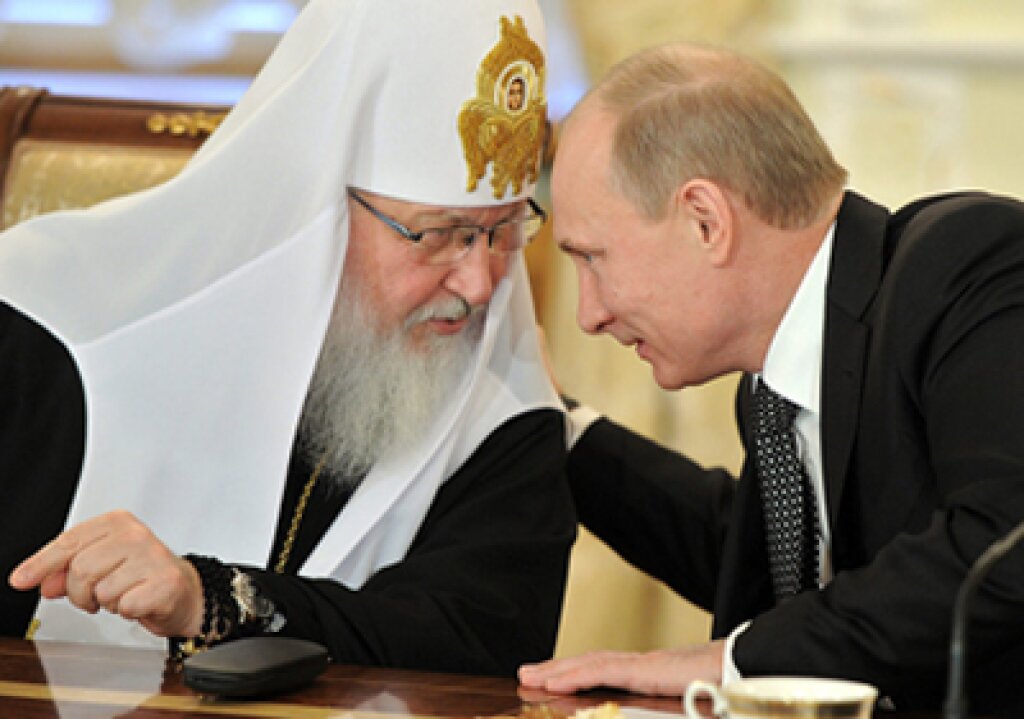Pavel Devyatkin is a Senior Associate at The Arctic Institute in Washington DC and a Researcher at the Higher School of Economics in Moscow.
A longer version of this article appeared in The Polar Journal on 9 October 2023.
The Arctic has long been described as a peaceful, unique region of mutually beneficial cooperation and a low probability of conflict. The narrative of “Arctic exceptionalism” sees the Far North as isolated from the usual drivers of competition and conflict in international politics and encourages belief in policymaking and in academia about the development of a peaceful circumpolar regime.
When writing about Arctic exceptionalism, international scholars often point to Soviet leader Mikhail Gorbachev’s 1987 Murmansk speech calling for an Arctic “zone of peace” as a starting point for a new international order beyond superpower rivalry and the division of the planet into mutually hostile camps. Gorbachev’s Murmansk Initiative involved a series of Arctic policy proposals including a nuclear-free zone, restricting naval activity, confidence-building measures, peaceful cooperation in economic, environmental, and scientific ventures, and the internationalization of the Northern Sea Route (NSR).
Nowadays, many scholars write that Vladimir Putin’s decision to send troops into Ukraine in 2022 has marked the end, or at least a major disruption, in the narrative of Arctic exceptionalism. The seven other Arctic states—Canada, Denmark, Finland, Iceland, Norway, Sweden, and the United States—condemned Russia’s actions and suspended the work of the Arctic Council (AC). In the wake of this unprecedented diplomatic event, some analysts revisited arguments that called Arctic exceptionalism a false narrative or an illusion out of step with political reality. Some analysts derided the narrative of Arctic exceptionalism as a dangerous “trap” or “smokescreen” exploited by Russia in its civilizational battle against the West.
The 2014 Ukraine Crisis: Limited Cooperation and Unresolved Conflict
Even before the ongoing conflict in Ukraine, the belief in Arctic exceptionalism confronted major challenges. After the 2014 Ukraine crisis, military and economic cooperation between Russia and the Western Arctic states was paused. The most significant consequences involved Western sanctions and Russian countersanctions blocking major extractive ventures like joint exploratory drilling. However, trade of Russian gas continued. Military-to-military cooperation in the form of joint exercises and meetings of the Arctic Chiefs of Defense and Arctic Security Forces Roundtable were suspended, or excluded Russian participation. Both Russia and NATO increased the volume and frequency of their military activity in the Arctic. Moreover, some elements of regional governance were disrupted. The US initially boycotted AC working group meetings involving Russia. However, the boycott was brief as the parties recognized the importance of multilateral cooperation.
Despite such developments, many forms of Arctic cooperation persevered. Russia and the US jointly chaired the 2013 Scientific Cooperation Task Force and continued to meet in the wake of the Ukraine crisis. This US-Russia collaboration was essential for the AC adoption of the 2017 Agreement on Enhancing International Arctic Scientific Cooperation. Moreover, there was continued cooperation between coast guards in search and rescue operations. Joint exercises under the framework of the 2011 Agreement on Cooperation on Aeronautical and Maritime Search and Rescue in the Arctic proceeded as planned. The Arctic Coast Guard Forum was created in 2015 to address common interests regarding search and rescue, emergency response, and icebreaking. Russia was, to an extent, still included in scientific cooperation, like the bilateral Russian-American Long-term Census of the Arctic (RUSALCA, 2003-2015) and the multilateral Multidisciplinary Drifting Observatory for the Study of Arctic Climate (MOSAiC, 2019-2020).
After Arctic Exceptionalism? The Sense of an Ending
Putin’s decision to send troops into Ukraine in February 2022 marked a watershed moment in international and Arctic politics. Because the escalation occurred during Russia’s AC Chairmanship (2021-2023), seven of the Arctic states condemned Russia and called for a pause of the Council’s work in March 2022. Some analysts proclaimed the end of Arctic exceptionalism.
Although the AC’s work was paused during Russia’s chairmanship, governance structures under the framework of international law remain constructive. Russia still participates in the Polar Code under the auspices of the International Maritime Organization and the UN Commission on the Limits of the Continental Shelf approved Russia’s claims to seabed rights in the central Arctic Ocean.
Even as unprecedented sanctions severed Russia’s export of natural gas through pipelines and sought to cut off industrial Russia’s import of equipment, shipments of liquefied natural gas sourced from the Russian Arctic to Europe increased by 12 percent during the first eight months of 2022. Although joint coast guard exercises and nuclear safety cooperation were paused, some maritime safety cooperation in the areas of search and rescue, oil spill response, fisheries management, and other contact channels was preserved between Russia and the Western Arctic states. Such developments demonstrate that, while relations may have been mostly severed, there are still narrow openings for cooperation around issues perceived as essential within the fields of safety and energy security.
Lastly, although scientific cooperation at the government level has been suspended and its restoration faces steep obstacles, collaboration at the individual and organizational level persists to some extent. Environmental monitoring and meteorological observation procedures in the frameworks of international institutions continue to operate, including in Russia. Some international academic conferences, where scientists share research on Arctic climate change and security strategies, still involve researchers from Russia and the Western Arctic states. Evidently, although we are experiencing unprecedented tensions and official declarations against cooperation, there are still many areas where the belief in Arctic exceptionalism endures.
With an apparent continuation in rhetoric on concurrent Arctic collaboration and confrontation from Russia’s political leadership, and instances of continued Arctic cooperation despite global tensions, it makes sense to ask if belief in Arctic exceptionalism has really ended.
Arctic exceptionalism is neither a policy nor a political reality, but a dynamic narrative with unique contextual and temporal iterations. After 2014, Arctic cooperation was still supported, but it was narrower, more pragmatic, and less concerned with preserving political relations. The same can be said about the period after 2022, except that cooperation is much more constrained and only maintained in some essential areas. Thus, although Arctic exceptionalism has been challenged, a return to cooperation, isolated from global tensions, should not be ruled out.



